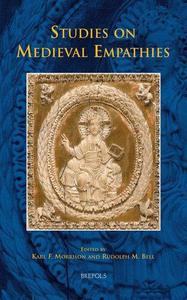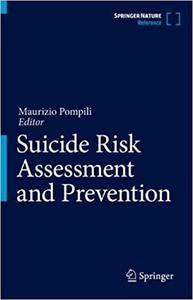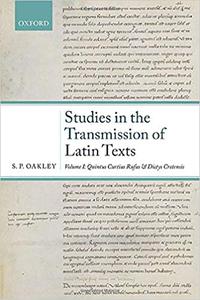 Studies on Medieval Empathies By Karl F. Morrison, Rudolph M. Bell (eds.)
Studies on Medieval Empathies By Karl F. Morrison, Rudolph M. Bell (eds.)2013 | 382 Pages | ISBN: 2503530311 | PDF | 9 MB
Empathy is a deep feeling or intuition for kinship transcending self-preoccupied individuality. This book is about empathy in the Middle Ages, before it had a name. The authors begin by tracing the origins of empathy in pre-Christian Antiquity and early Christianity, especially in mysteries of divine justice, by which the good often suffered and the wicked prospered and, as with surgical healing, compassion was manifested by inflicting pain. The authors also explore many facets of empathy's development in the Latin West, criss-crossing the artificial borders of academic departments to reveal interlocking connections that give emotional power to images, whether verbal, pictorial, or performative. In a powerful multi-disciplinary collaboration, they identify conditions and limits of empathy, and areas in which the dynamic between insiders and outsiders forced subversive explorations of what it meant to be human. The doctrine of Christ as mediator of divine love dominated medieval thought about empathy as a human instinct.Taken together, like magnetic poles, two pictures in this book represent that mediation in action. The cover illustration, a mid-ninth-century ivory plaque from Carolingian Gaul, depicts Christ, the Divine Word, Love incarnate, glorified, enthroned, and adored by angels as creator, judge, and teacher. The second, Plate 1, from the same period and region, represents the act that sealed the mediation of divine love to humanity: Christ the man, tortured and dying for love.











